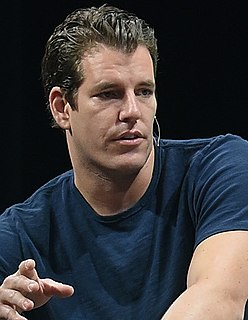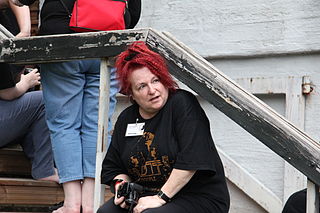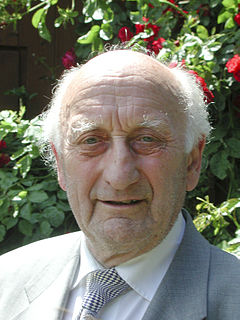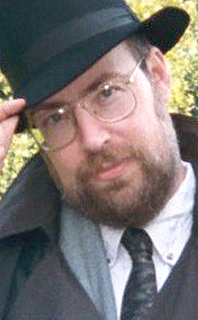A Quote by Eva Gutowski
My dad grew up as a computer programmer, so he always had random computer software, and I started opening up editing software at age 12 and figuring out how to build websites.
Related Quotes
I only use the computer for editing. I don't have an eight-track, otherwise I probably never would have bought a computer. When I first got my Mac, I was exploring its possibilities and had fun with all of the sound hacking software, but I'm not interested in that approach. I toyed with the idea of releasing a 12-inch of all the stuff I did early on but good sense prevented me from doing so.
What would the world be like if you had to develop a power yourself before you could use it? Just as a silly example: How would the comment section on YouTube change if, to use it, you had to have the schooling necessary to have a basic understanding of how computers and the internet work? More seriously, would anyone smart enough to know how to design and build a tank, or a laser guided anti-aircraft missile, or a computer and video editing software be stupid enough to join ISIS? In fact, if such knowledge was required—would it even be possible for there to be standing armies?


































